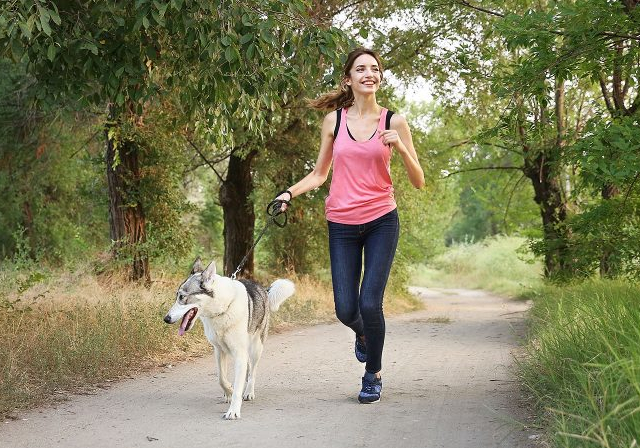If you are among the millions of folks who pledged to ‘eat healthier’ in 2025, the end of January is probably proving to be a time when it’s hard to persevere with your New Year’s Resolutions. But don’t fret! It turns out, that’s just the way new habits ‘sink in’…
In fact, researchers say new habits take much longer than 30 days or so ‘sink in’, and become part of our personal routines…
‘Keep Calm and Carry On’
The famous British Second World War slogan that was to be deployed if the Germans had invaded over the summer of 1940 may well apply even more appropriately to resolutions such as ‘eating better’, ‘exercising more’, and ‘avoiding processed foods’.
In for the ‘long haul’
A new survey by researchers at University of South Australia (UniSA) say it’s counterintuitive – and for many, disappointing – but new habits may take much longer to become established as such than most of s us expect.
There’s apparently a common belief that it takes about three weeks for new habits to become estab-lished in an individual’s personal routine. Thus, if the new diet-and-exercise habit(s) you pledged to adopt in 2025 haven’t coalesced by the end of January, you may be thinking, “Oh, well… There’s al-ways next year,” and throwing-in the towel. Researchers wanted to see whether the common belief was true.
What they did
Researchers suspected it takes longer than just the proverbial month for new habits to sink in. They based their hypothesis, among other factors, on the fact that one must first extinguish old habits for new ones to take their place.
And establishing a new habit may involve dealing with factors not directly related to the new ‘drill’. Those may include changes in overall daily routines to make room for the new habits. And acquiring new equipment or supplies to facilitate the new habits. That could as as simple as remembering to buy a head of lettuce every week where you never did before. Or getting fitted for a proper pair of new walking shoes to help you fulfill your exercise pledge.
So they selected a group of 2,600 participants selected to accurately represent the demographic profile of the overall US population. And polled them specifically on issues relating to resolutions and habit formation.
What they found
All the foregoing is supported by common sense and intuition. But the researchers also discovered human nature is much tougher to modify – one might even say, ‘defy’ – than most of us think.
In fact, the UniSA survey revealed that most folks felt it took at least new habits at least two months (median of 59-66 days) to form. An as long as up to 335 days to become established; fully integrated in our routines and psyches.
“In our research, we’ve found that habit formation starts within around two months,” team spokes-man Doctor Ben Singh says. “But there is significant variability, with formation times ranging from four days to nearly a year.”
“When trying to establish a new healthy habit, success can be influenced by a range of things, in-cluding how frequently we undertake the new activity, the timing of the practice, and whether we enjoy it or not,” Dr Singh continues. “If you add a new practice to your morning routine, the data shows that you’re more likely to achieve it. You’re also more likely to stick to a new habit if you enjoy it.”
“Planning and intending to complete a new behaviour can also help solidify a new habit, so make sure you continue to make time to include your new healthy habits into your everyday activities. This could be as easy as laying out your gym clothes the night before a morning walk, or having a healthy lunch ready to go in the fridge “every morning].”
The takeaway
“It’s important for people who are hoping to make healthier habits not to give up at that mythical three-week mark,” Singh underlines.
My take
The message seems to be, as Winston Churchill might have said, “Never give up! Never surrender!”
And I can personally attest to the team’s observation that a new habit can become established more easily if you enjoy what you’re doing. For me, it was the joy in nature and the invigourated feeling I came home with when I started walking every morning.
And inserting a new habit in one’s morning is certainly a great tip to help ensure success. Later on, most of us will be tired, and our brains will stuffed with all the emotional detritus of the day. Not such a great environment in which to try to focus on new routines.
So… Let’s all cut ourselves a little slack (or a lot, as the game dictates) to get used to new routines that we want to establish as habits. Especially if related old ones are proving hard to break!
~ Maggie J.


